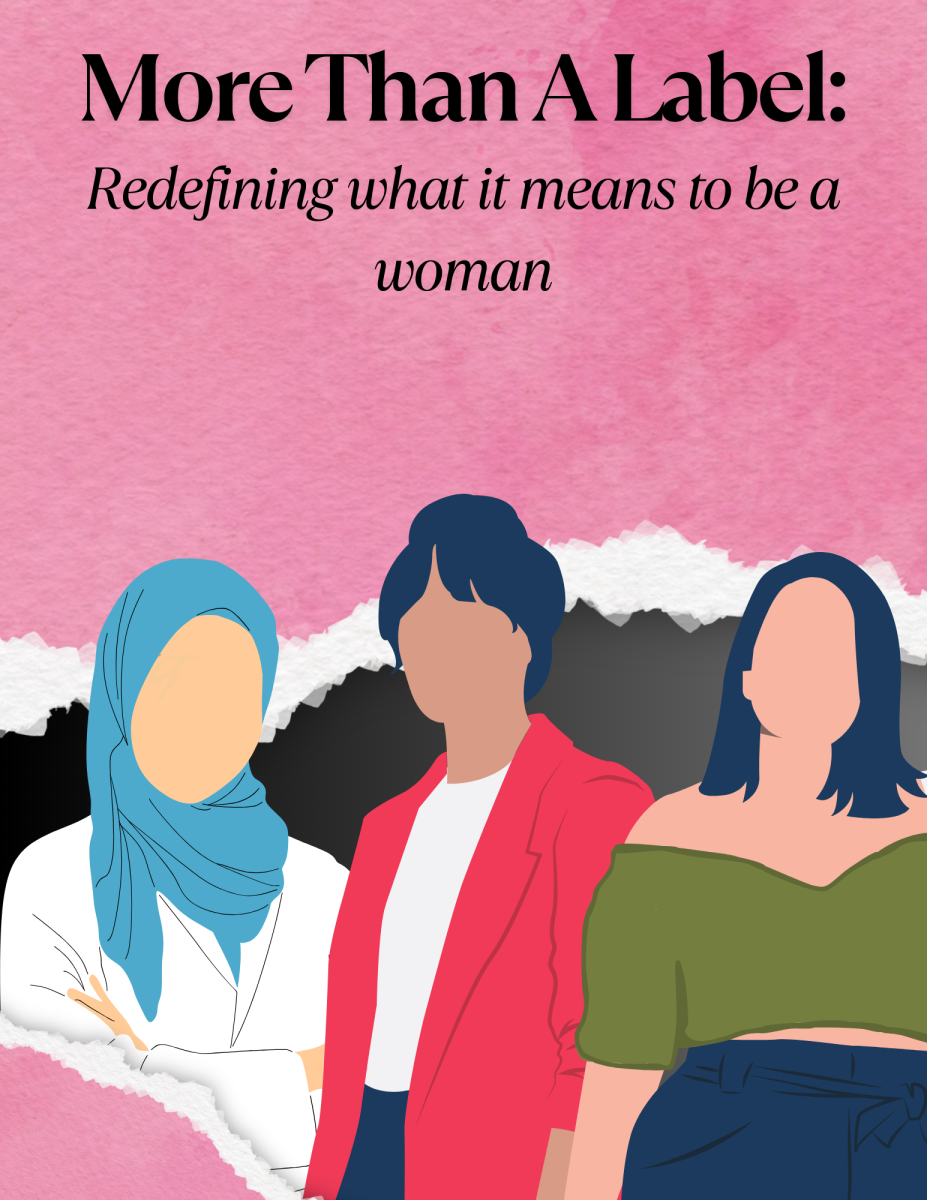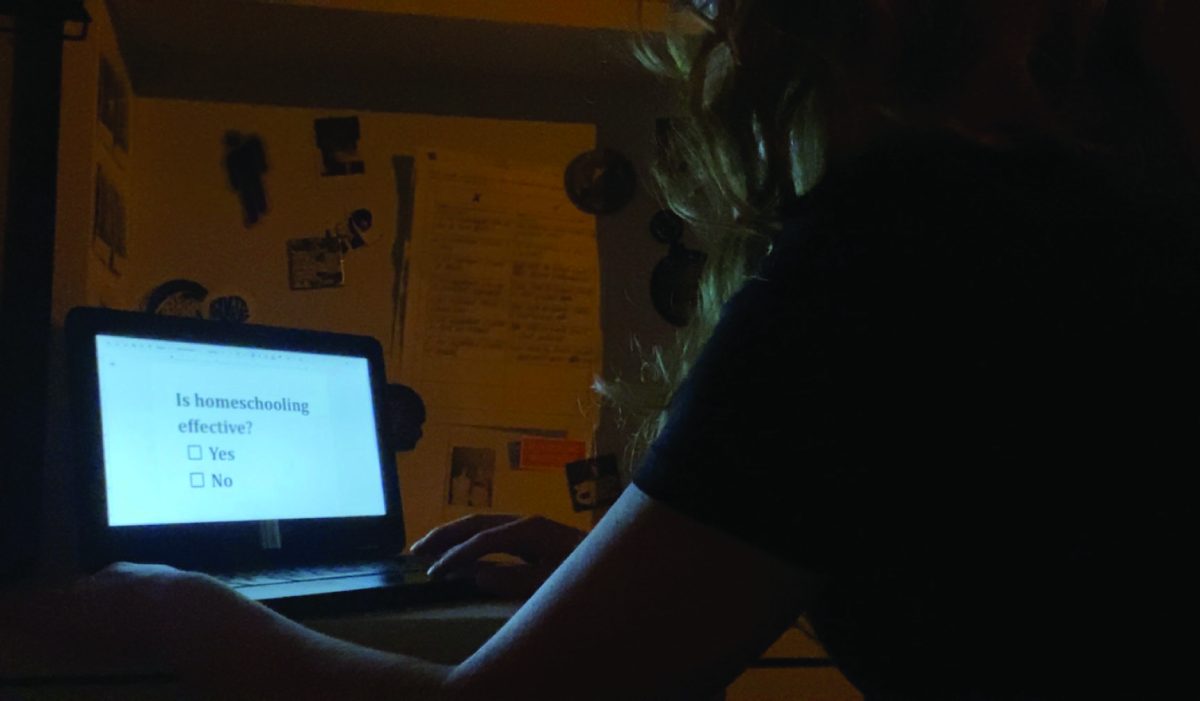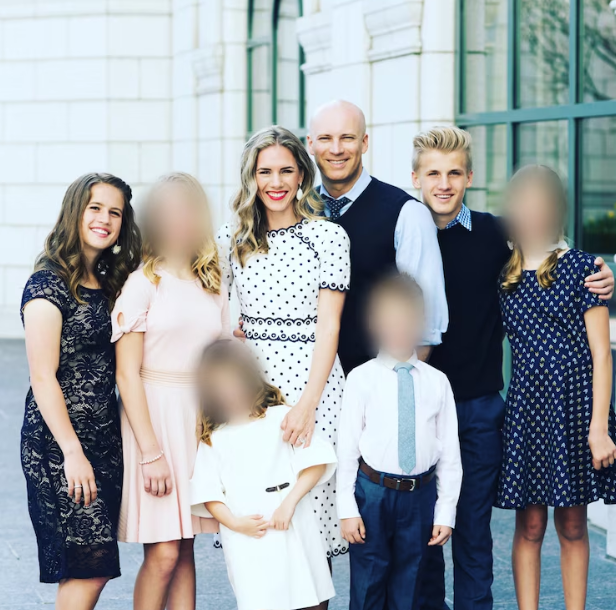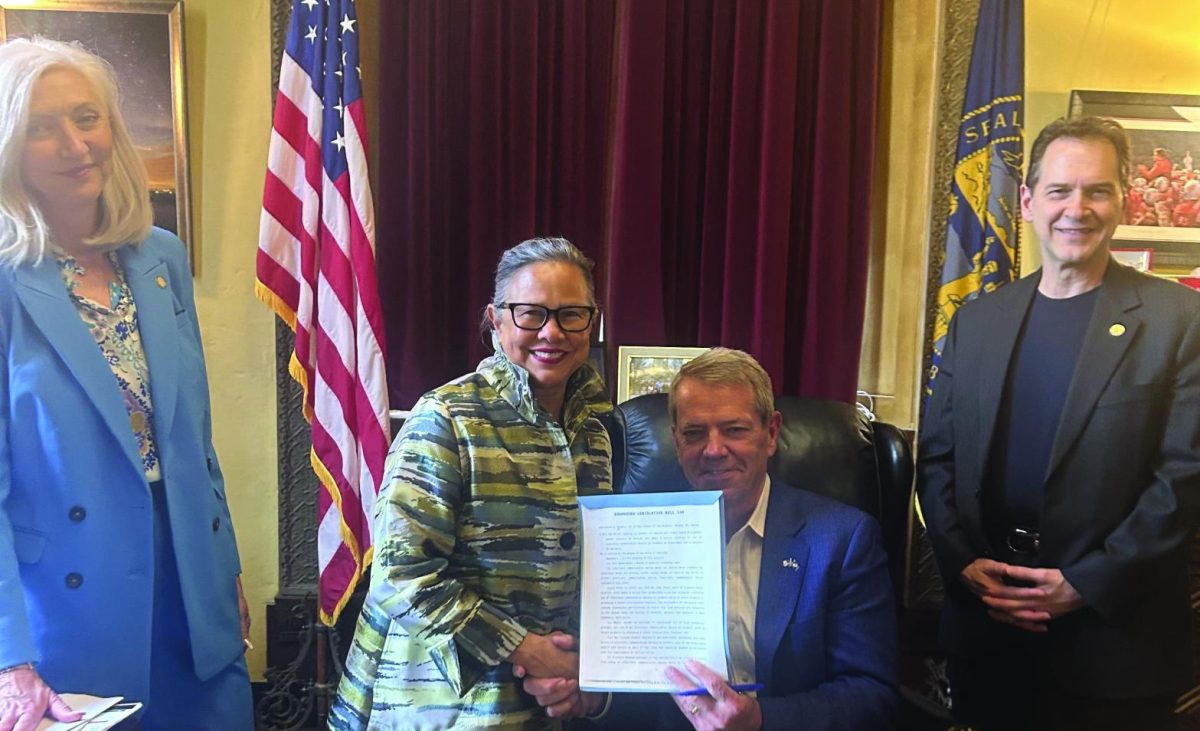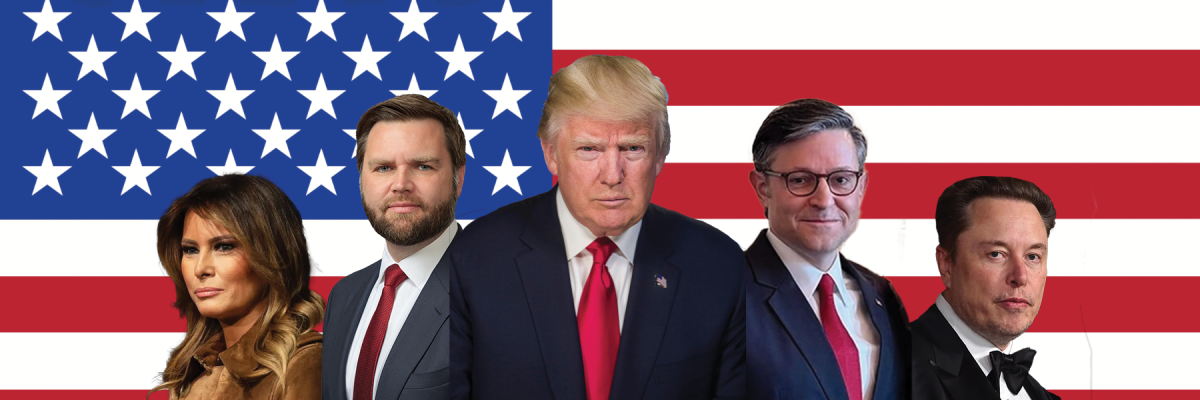In the January 2023 article from Alliance for Justice, titled, “How the Supreme Court Destroys Its Own Legitimacy,” journalist William W. Taylor cites a Gallup Poll that reports, “58% of Americans disapprove of the Supreme Court regarding their decisions and protocols.”
The Supreme Court is composed of the highest entity of power and ruling for courts. Mainly, the court specializes in resolving disputes or disagreements over the law. Now people have become concerned with the court, for many reasons, but what are the major causes?
Law and politics are not alike and shouldn’t be united. Politicians specialize in politics and Supreme Court Justices are involved in law-related matters. However, in this unique time period with the Supreme Court, many Americans have seen an unjust, and shocking shift of increased partisanship that has only contributed to the uproar in the Supreme Court.
There is no doubt that the Supreme Court has always incorporated a bit of politics, it’s difficult not to. Nonetheless, partisanship should never influence the decisions of the justices.
In a September 2021 interview with NBC News journalist Ryan Williams, Justice Amy Coney Barret speaks on this topic directly to the concerned individuals who believe the combination of politics and law has become unbearable and unfair. Justice Coney Barret said, “Judicial philosophies are not the same as political parties.”
As of now, there are nine Justices that serve on the court, six are considered conservative while the other three are liberals. All of the Justices were appointed by a president, the most recent being former President Joe Biden.
A controversial court isn’t a new occurrence, it has happened before. The Supreme Court of 1953-1969, known as the Warren Court, was one-sided with their decisions as well. However, in that case, the court leaned liberal.
Decades ago, people were involved in politics but rarely did they become as divided as the people of America are today.
In a June 2014 report published by the Pew Research Center, a trusted non-partisan platform that informs the public about different global actions, “Republicans and Democrats are more divided along ideological lines – and partisan antipathy is deeper and more extensive – than at any point in the last two decades.”
LSE English teacher Colten White believes that the increase in political involvement is a result of increased partisanship. White has been involved in Lincoln Douglas debate and explores topics related to philosophy and politics.
“People understand that the Supreme Court either is in alignment with their partisanship or against it, and that degrades their trust in institutions,” White said.
There may seem like there is an easy solution to this problem. In the political system of the United States, people have built systems, like checks and balances, to establish fairness at all levels and all segments of the government, like executive, judicial and legislative. But there’s been a conflict.
“The primary conflict in our politics is not along the lines of the branch of government,” White said. “Instead, it’s polarized along partisan lines, and that partisanship is strengthening to the point where people have been ideologically sorted.”
Becoming ideologically sorted isn’t inherently bad, but it does cause problems when it comes down to checks and balances.
“Partisanship is the main thing that checks power,” White said.
If people are unwilling to refute the actions or objectives of their political party in another sector of the government, no one is ever going to be checked. That wasn’t the case decades ago, where people didn’t feel pressured to always agree with their political party. It didn’t define a person the same way it does today.
LSE sophomore Charlotte Mar, has an opinion on this as well and even presumes that the process of electing a Justice could be a factor to this problem.
“In recent years, the decisions made surrounding who to appoint onto the Supreme Court have been shifted from understanding the law, to who would help the president pass laws and create policies that favor their beliefs,” Mar said.
Many people have realized that the court isn’t completely fair at all times, especially when people infer that the court is incorporating their political beliefs rather than keeping the law their top priority.
For many people that are finding it difficult to respect and understand the court, the problem significantly lies within the characteristics of the Justices as well.
“The men on the Court are all right-wing and all of the justices are aged above 50, which means they are providing an opinion that is more old-fashioned and usually more conservative than the public is,” Mar said.
Mar’s perspective aligns with many other people’s views in the United States. If the court and Justices are making rulings that affect our lives completely, the people of America should have representation to defend their thoughts and beliefs. Since many people aren’t receiving that representation, they have become frustrated in the courts.
“They are not listening to public opinion and instead make decisions that favor their own beliefs and consciences rather than what would be best for the U.S.,” Mar said. “I do think it needs a lot more regulation and public opinion interacting with it.”
All of these factors have a strong correlation to why numbers are dropping for the trust in the Supreme Court. But one last thing, many people have become skeptical of the entire government and that distrust can create the consequence of disapproval in the court.
The executive branch is being run by republicans with President Donald Trump guiding it forward. The Supreme Court has a majority of conservatives so people would assume that they act in the best interest of each other. However, that has not been the case.
“The executive branch is being very aggressive with their policies on what they want to accomplish,” White said. “Even though they would naturally be allies with the Supreme Court on most ideological questions, there’s a little bit of a fight going on over who gets to tell each other what to do.”
Recently this exact situation has unfolded between the executive branch and the Supreme Court. Kilmar Abrego Garcia was an immigrant who was wrongfully deported to El Salvador.
On April 10, 2025 the Supreme Court ruled 9-0 to bring Garcia back.
The Supreme Court case document labeled No. 24A said, “The order compels the government to allow Kilmar Armando Abrego Garcia to enter the United States on demand, or suffer the judicial consequences.”
As of now, Garcia has not been returned to the United States and this could only raise tensions between the Supreme Court and the executive branch.
As the public consumes all this information and notices the hostility, the disapproval of branches of the government will only increase.
Furthermore, issues only progress forward when controversial court proceedings are enacted. In the United States, one of the most discussed legal disputes is Roe v. Wade. Typically, a conservative Justice will vote to overturn it while the liberal will do the opposite.
Students at LSE have strong opinions towards this matter.
“It’s not only unethical, in my opinion, to ban the process of abortion for biologically female people in whole, but it is additionally unsafe to ban it for unplanned pregnancies or for people who it is dangerous for them to be pregnant,” Mar said. “It is extremely risky, and there are many biologically female people who are losing their lives because they don’t have access to an abortion.”
This is only one student’s beliefs towards this situation, but many more Americans share the same perspective.
The January 2023 article, “How the Supreme Court Destroys Its Own Legitimacy,” written by William W. Taylor, retrieves information through a Gallup Poll that 60% of Americans are unhappy with the decision of overturning Roe v. Wade.
As the nation divides, the people divide. This only contributes to distrust in the one thing that people should be able to rely on, the government. It’s composed of the strongest branches that pass rulings, laws and decisions that affect people everyday.
People are losing their trust in the Supreme Court, something that controls many American lives.


